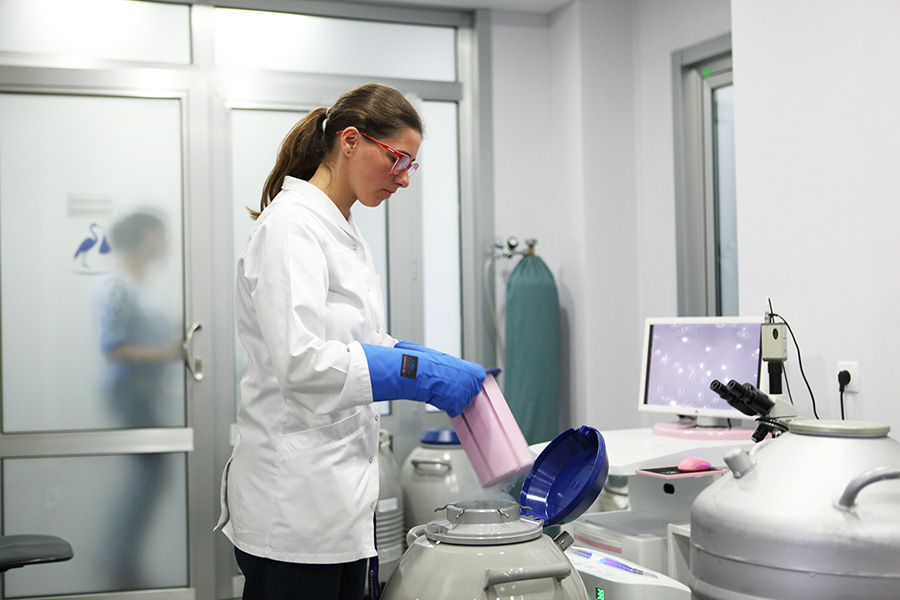For years, surrogacy has given hope to those who thought that being parents was unattainable. Gay couples, infertile couples, and single people ready to become a parent all have used surrogacy to realize their dream of parenthood. And as technology continues to increase the rates of surrogacy success, it’s only going to continue to be more and more popular.
But while those who want to be parents have plenty of resources, it’s important to note that those who are actual surrogate mothers do have resources as well. If you’re thinking about becoming a surrogate in Georgia, learning a little more is important. This way you can understand just how to go about it and why it’s so rewarding.
Why Become A Surrogate?
First, it’s worth touching on the ‘why’ instead of the how. Surrogate mothers are rewarded in numerous ways. The first, and most obvious, is that they are financially compensated for their services. Surrogates are paid, and the rate depends largely on the situation and the agency being used.
Beyond the financial compensation is the fact that surrogates are able to help someone else. Knowing that you have helped a couple become parents who couldn’t have had a child on their own is highly rewarding and leaves many surrogates with a strong sense of happiness and accomplishment. Simply put, you are doing a good deed.
The Requirements To Become A Surrogate In Georgia
In order to become a surrogate mother in the Republic of Georgia, you’ll have to meet a few basic requirements. Different agencies may have their own rules or regulations, but the basic requirements include:
- Being 35 years old or younger
- Having at least one child of your own
- Having a medium-high socio-economic status
The reasons for these requirements are surprisingly obvious – younger women have a much higher chance of giving birth to a healthy child. And having one child of your own shows that you can have a healthy birth, and also that the likelihood of becoming attached to the surrogate child is lower. The economic requirement ensures that surrogates aren’t doing it ‘just for the money’.
Are You A Good Fit?
Of course, surrogacy requirements don’t always mean that it’s a great decision. You also need to determine whether or not you’re actually a good fit for being a surrogate mother as well. Some things to consider include:
- Do you enjoy being pregnant?
- Are you willing to give up all rights to a child you give birth to?
- Can you maintain a healthy lifestyle while pregnant?
- What are your reasons for being a surrogate?
Take a closer look at yourself and your goals and life. This way you can make a determination as to whether or not being a surrogate mother is something that is a good fit for you. For many, it’s one of the most rewarding things that you can do on a personal level and could give you a sense of fulfillment that nothing else can match. If you decide that you’re a good fit for the process, the next step is to start the process of becoming a surrogate.
How Do You Become A Surrogate?
So just how do you go about becoming a surrogate? In order to do so, you’ll need to complete the application that the agency has for its potential surrogate mothers. These applications are often very lengthy and detailed, going into practically every aspect of your life in order to ensure that you are a fit candidate for the process.
If accepted, it’s important to note that this doesn’t automatically mean you’ll become a surrogate mother. Instead, your profile will be filed with the agency. Then, as potential parents file to find a surrogate they may end up being matched with you. Each agency uses different surrogacy matching protocols to ensure that a good match for the parents is found within their database of surrogates. If you’re the right fit, you’ll be contacted and will be able to begin the process of surrogacy.
What Happens Next?
If that moment comes, you’ll be asked to undergo the surrogacy process. Eggs will be fertilized and implanted, and pregnancy will be verified. You’ll have to abide by the agreement you made with the agency which generally covers prenatal health and your health and actions during the pregnancy.
When the baby is born, you have no legal claim on the child. The birth certificate will be issued with the names of the intended parents on it within 24 hours of delivery, and your role in the process will be completed.
Usually, a surrogate is only used a single time though in some cases surrogate mothers have completed this process more than once. Again, you’ll need to consult with a representative from the agency to ensure that you understand this as well.


